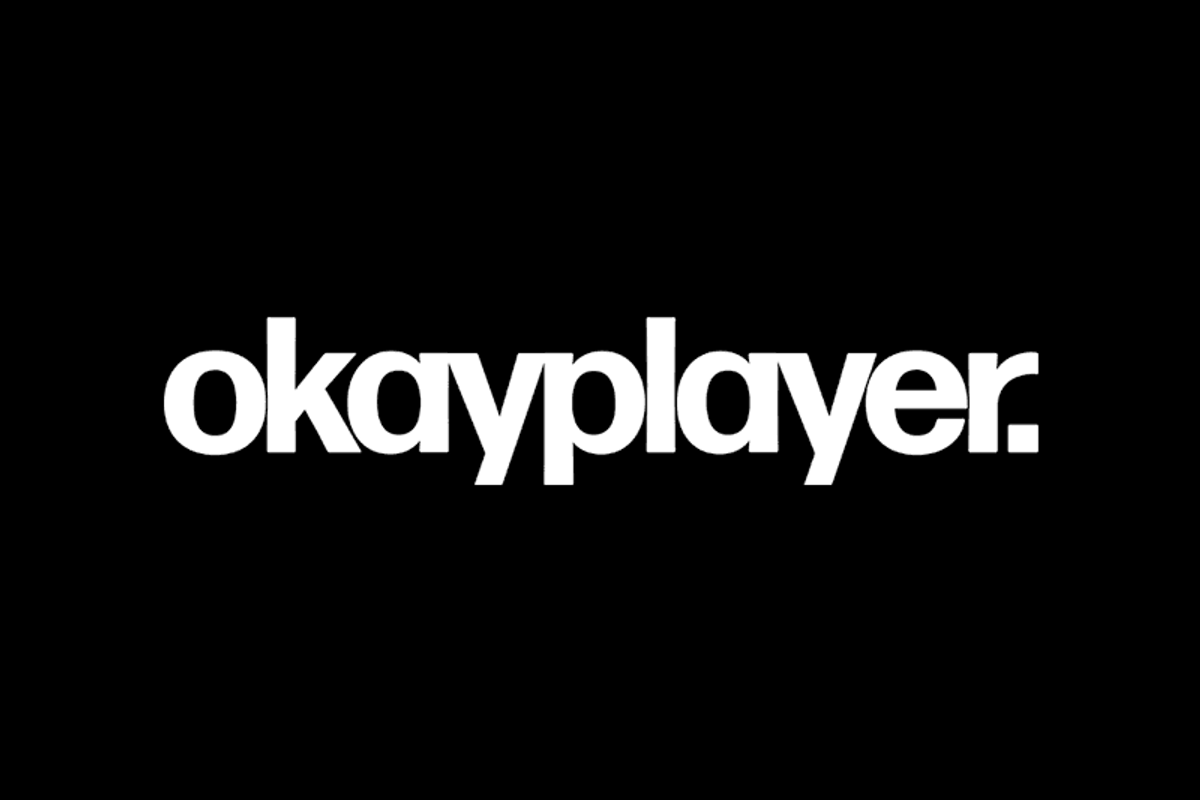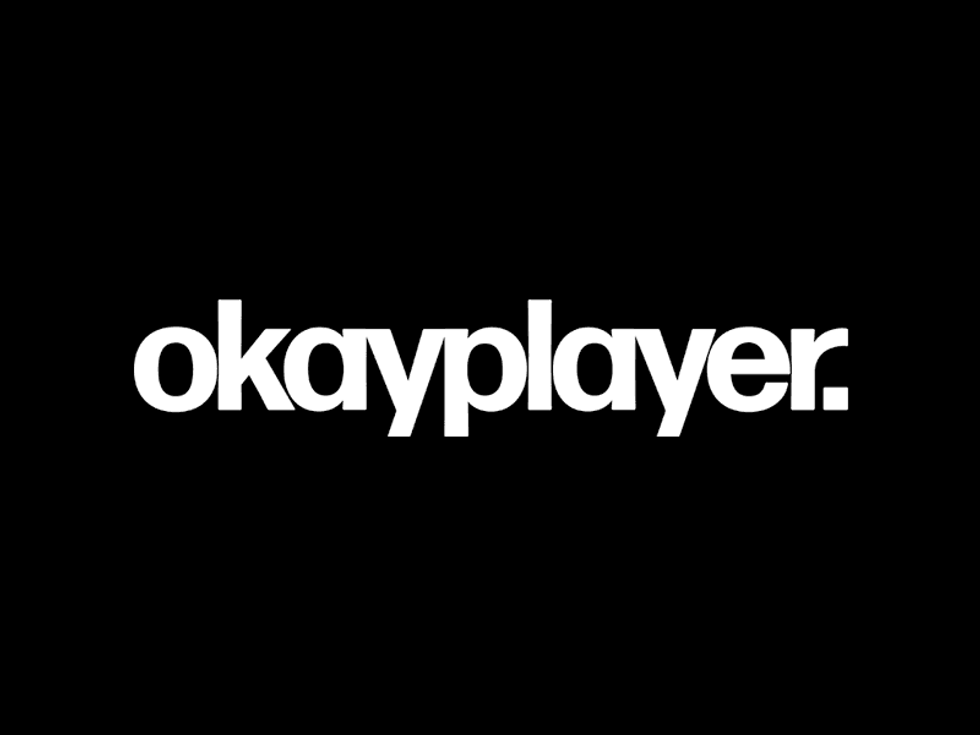
Us music record store day sound garden
Photo by Eric Baradat ARADAT AFP/Getty Images
To continue reading
Create a free account or sign in to unlock more free articles.
By continuing, you agree to the Terms of Service and acknowledge our Privacy Policy
Register
The content is free, but you must be subscribed to Okayplayer to continue reading.
THANK YOU FOR SUBSCRIBING
Join our newsletter family to stay tapped into the latest in Hip Hop culture!
Login
To continue reading login to your account.
Forgot your password?
Please enter the email address you use for your account so we can send you a link to reset your password:

If you visit your local mom and pop record store, you may stumble upon vinyl of Tyler, the Creator's third album, Cherry Bomb. It can also be found at an upwards of $99.99 on eBay. But this rare find isn't as genuine as displayed. As enticing as that "limited edition" marker is on its back cover — or the seller including the word "rare" in its description — might seem, it's a bootleg vinyl. Made all the more apparent by the lackluster sound quality and omission of additional material Tyler himself said would be on official vinyl for the album back in 2016. (That vinyl still hasn't been released.)
Even in the age of streaming, vinyl purchases are at a steady incline — and bootleg vinyl continues to be a part of that. So much so that Discogs, the world's biggest online vinyl marketplace, recently clamped down on the sale of bootlegs. A recurring precedence in hip-hop, bootleg vinyl generally arises from fandom and the inability to differentiate whether a record is real or false. Before Rerun’s fumble while illegally recording a Doobie Brothers concert on What’s Happening!!, bootleg vinyls were a rampant trend during the 1960s. These records ranged from private studio sessions to illegal tapings of live performances.
“When they make these pirated copies, it’s really bad across the board. It’s usually inferior sound, like somebody took a CD, ripped that and got it pressed on vinyl,” Kyle Sigerist, owner of the record store Lost Weekend Records in Columbus, Ohio, said. “A lot of hip-hop seems behind on vinyl release, where it seems to me like out of any genre, it should be on top of vinyl. Throughout the '90s when vinyl wasn’t happening, you still had DJs. I don’t understand why hip-hop artists aren’t putting things on vinyl, or why they’re delaying it.”
These “delays” can range from a few months to several years. Frank Ocean announced official vinyl for Blonde in November 2016, three months after the album's official release in August. Chance the Rapper just announced official vinyl for his mixtapes 10 Day and Acid Rap, released in 2012 and 2013, respectively. Both are available for $35 each, $125 less than a “rare” bootleg of Acid Rap that was recently sold on eBay.
Frank Ocean’s discography is one that has been frequently violated and amassed into bootleg creations, presumably because of the lack of official releases available. While the rumored nostalgia, LITE never came into fruition, CD copies of Channel Orangewere produced and shortly sold out after being released in 2012. Recently, Ocean declared that official Channel Orange vinyl is coming “ASAP” in an interview with Dazed. Until then, fans can purchase bootleg copies of the album, which can be found online for over $300.
“Obviously, this pirate situation is created because there’s a demand. I don’t want to stock [pirated vinyl] because artists are not seeing any money from it,” Sigerist said. “Someone took Channel Orange, but they don’t have a vinyl master, they have a digital master that was ripped offline or a CD. It’s not gonna sound that good, it just gives someone the physicality of having that.”
On Black Friday of 2016, Frank Ocean’s website was transformed into a merch shop that including Blonde CDs and vinyl that were only sold for a 24-hour period. Sold out within hours, this didn’t stop pirated copies from accompanying the official version. While the authentic Blondevinyl is double-disc and entirely black and white, many pirated versions are in-color, with a glossy, smeared effect that differs from the matte cover of the original. In the case of an official Blonde vinyl, which ranges from $325 to $2,000 on Discogs, it’s understandable why a fan may be further inclined to purchase a bootleg. Re-selling culture can also pressure music fans to empty their wallets, and the price of bootlegs are, at times, more affordable than official vinyl being sold to the highest bidder.
Quality is what separates an authentic and bootleg vinyl — even if the process of making either is arduous. Roughly two miles away from Lost Weekend Records is Musicol Recording Studio, Columbus’ oldest pressing plant and recording studio that specializes in small vinyl orders — up to one thousand pieces numbered.
Craftsmen J.R. Ferguson has pressed records at Musicol for over thirty years, with each record stack taking a week of labor to manually complete. Records are pressed in the sweltering, puddled basement of Musicol in an unwavering order. While some plants have the ability to automatically print thousands of vinyl copies, Ferguson carefully takes a blobby substance — which later becomes vinyl) — sticks the record’s bottom sticker below the blob, and the front sticker on a metal sheet above. Once the substance is pressed down, it undergoes a cycle of fifty seconds, beginning with steam, molding and cold water to dissipate the heat. Then, the individual record is spun on another metal device to remove excess molding. Ferguson searches for visible defects before sleeving the record, and the process starts all over again.
“Most pressing plants have a five hundred unit minimum, which translates to a $3,000 to $5,000 minimum investment. You then have to find a plant or person at the plant who won't raise an eyebrow when you send them something you obviously don't have the rights to,” Cameron Schaefer, Chief Brand Officer of Vinyl Me, Please said. A self-described “record club,” Vinyl Me, Please has become known for their exclusive pressings, the result of intentionally partnering with artists to release limited vinyl quantities. Schaefer not only rigorously pursues the highest resolution master but works so closely with artists and labels for album specifics that their releases are unable to be duplicated, the limited versions also featuring specially colored vinyl, listening notes, and additional stencil.

In one instance, Schaefer recalled having to negotiate releasing Future’s HNDRXX and Young Thug’s Jeffery with each artist’s respective label, who didn’t believe that the albums would be marketable as vinyl. As of 2018, Jeffery is one of the most valuable albums on Vinyl Me, Please, last being worth $54.98.
“Like any physical good that is collectible, it's a judgment on perceived value in relation to supply and demand. Any time you have a physical object that is produced in limited quantities and viewed as having cultural significance you have people within the market continually pushing to see the limits of what it can sell for,” Schaefer said. “The vinyl community is becoming increasingly wise to how album packages are being priced in relation to their production specs and are quick to call out labels when they assign a premium price tag to an average or standard pressing.”
It can be argued that rap is the crux of vinyl bootlegging, as rappers have reassessed whether it’s worth the hassle to have their music pressed to vinyl in a time where music is easily digestible. Producer and DJ J. Rawls, primarily known for his work on the seminal album Mos Def & Talib Kweli are Black Star agrees.
“Rap is one of the few genres of music that doesn't have as long a shelf life as others, fans are always looking for new music,” Rawls said. “When I was buying records as a young kid, we always waited for Tuesdays. Tuesday is when new music came out. If Tribe [Called Quest] or De La [Soul] dropped an album, it lasted longer and we had to wait for another year at least for a new album...With the advent of the internet, you don't have to wait that long. Streaming makes music more disposable. It’s easy to bootleg something you see as disposable.”
Though the spread of bootleg vinyl is voracious, record-collecting is still opportune for discovering perennial finds and is a culture that continues to thrive and exist. In September of last year, Forbes reported that new vinyl sales have been increasing alongside used vinyl sales since 2007.
“Most people are going back to [vinyl] because it feels good," Rawls said. "Music is just a feeling, so if you have something that you can touch and feel and it takes you back to a certain time."
__
Jaelani Turner-Williams is a writer based in Columbus, Ohio, contributing monthly to the city's entertainment guide (614) Magazine. She has also written for the likes of Bust Magazine, Bandcamp Daily, Vinyl Me, Please, Vibe Magazine, AFROPUNK and more. Inspired by Columbus writing veterans Hanif Abdurraqib and Scott Woods, Jaelani focuses strongly on cultural pieces, especially within the realm of music and social criticism. You can follow her @hernameisjae